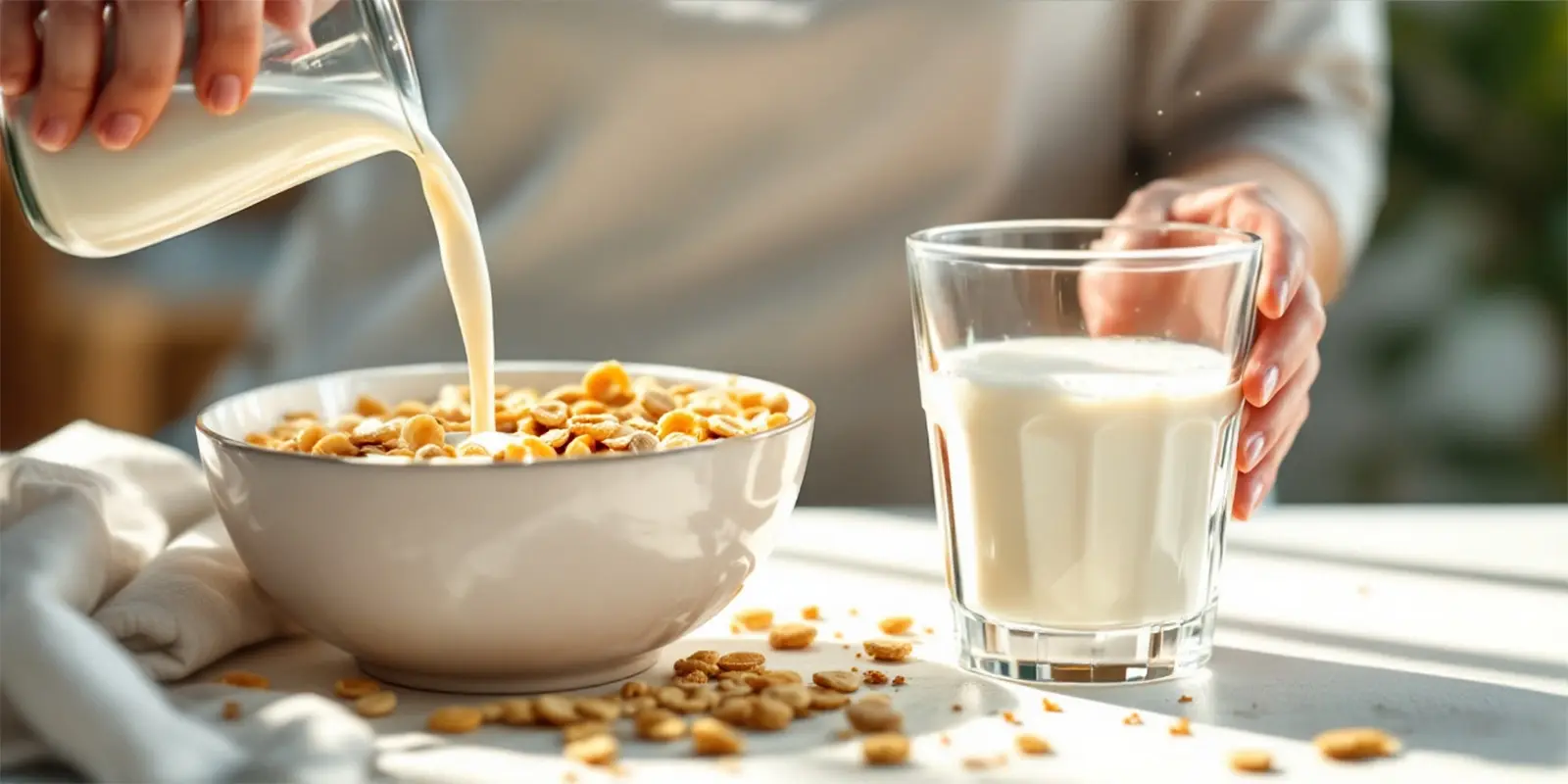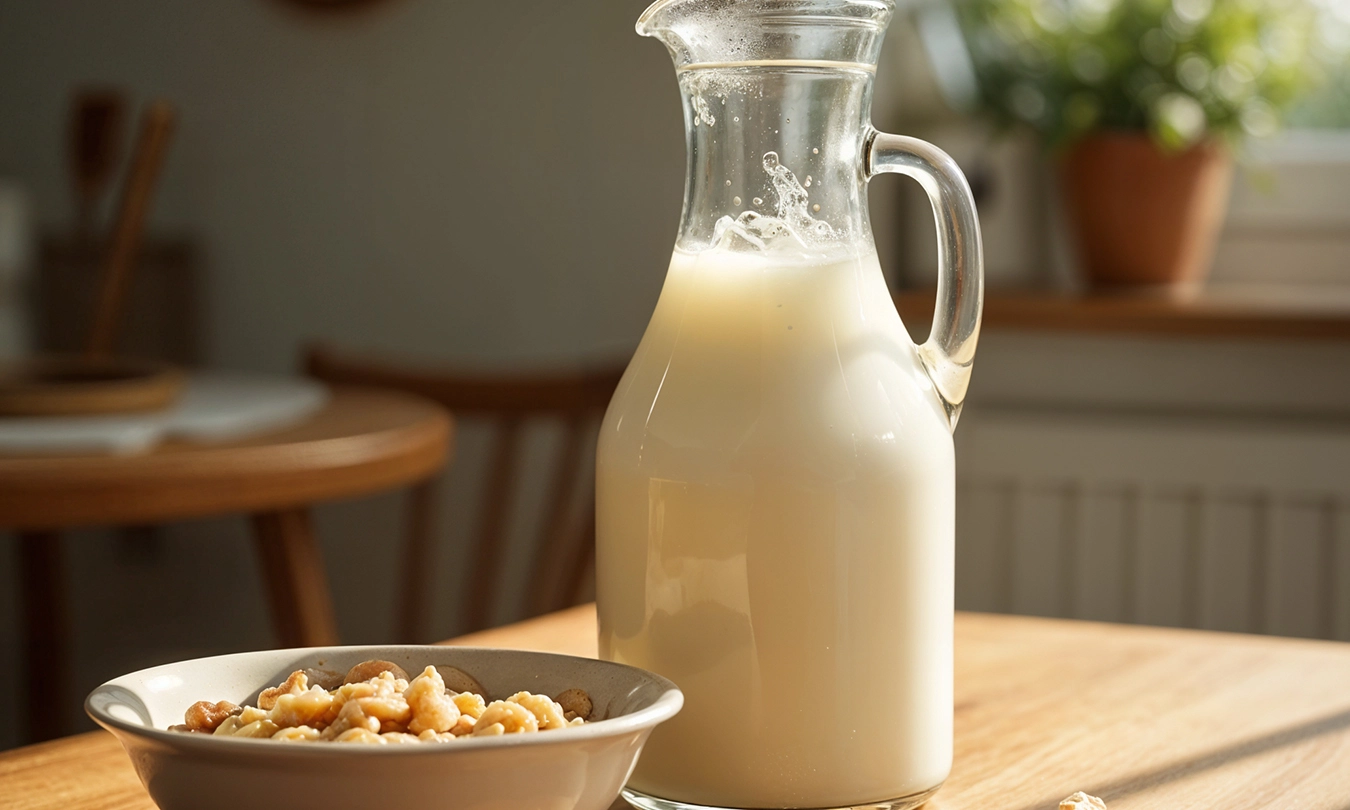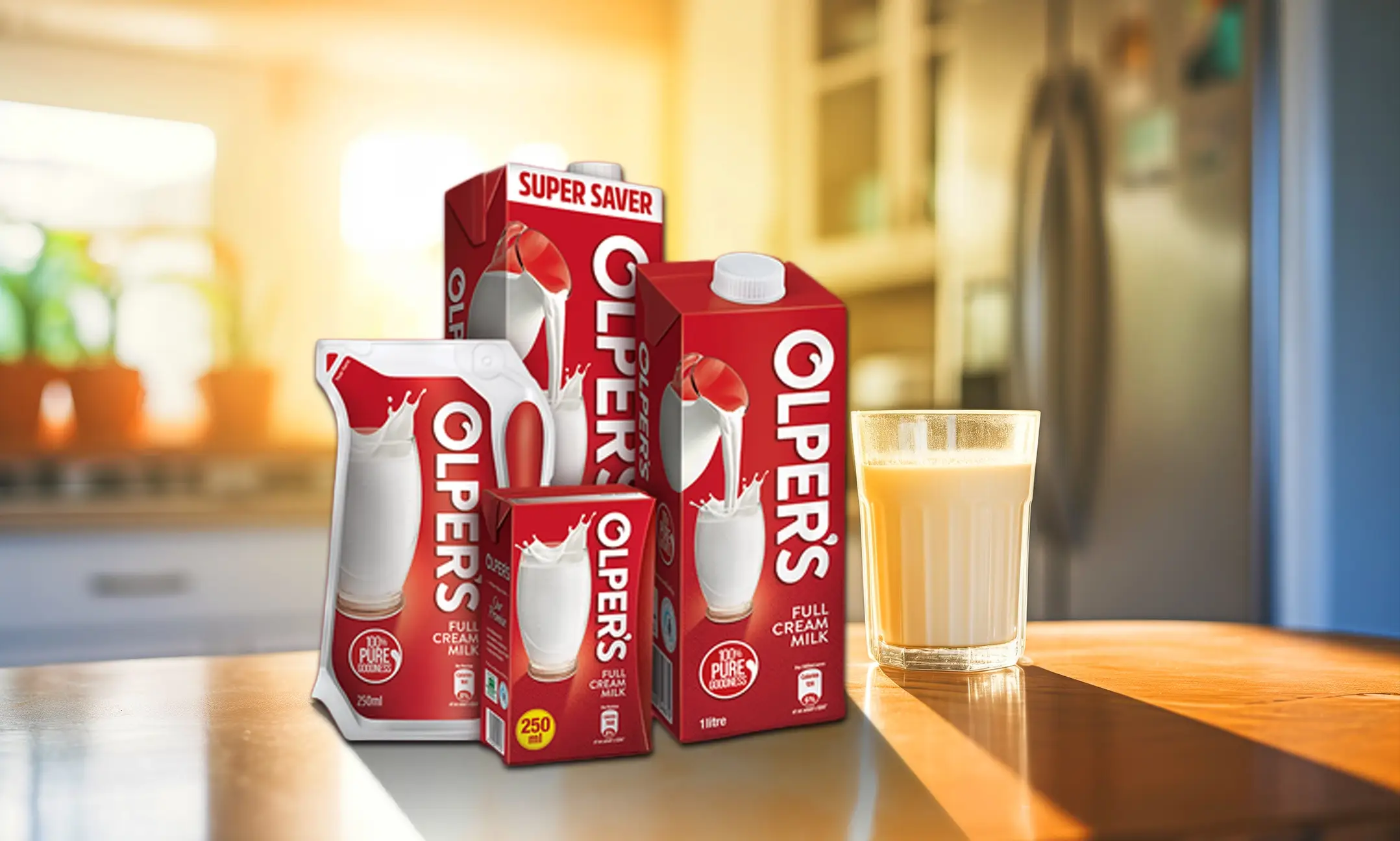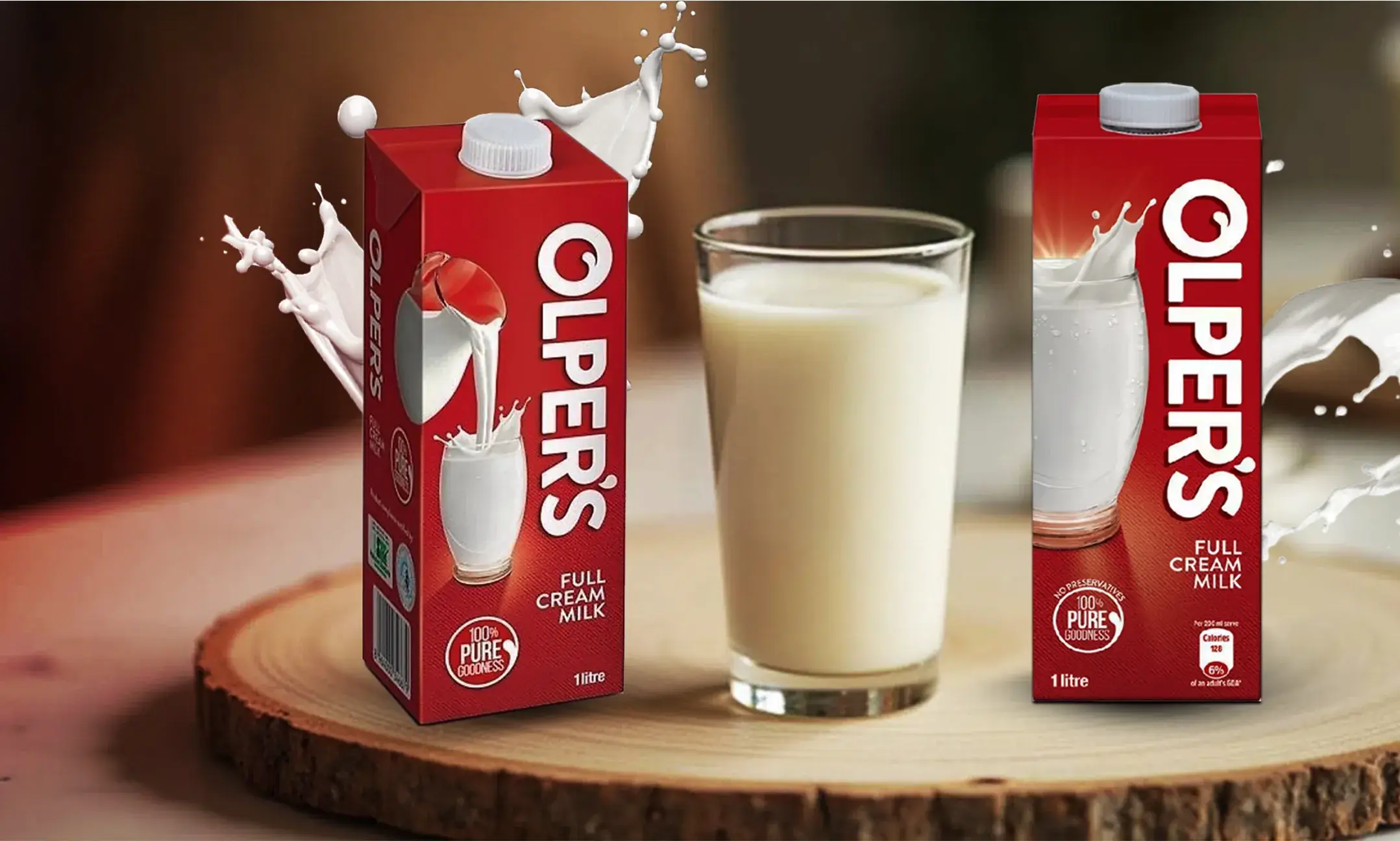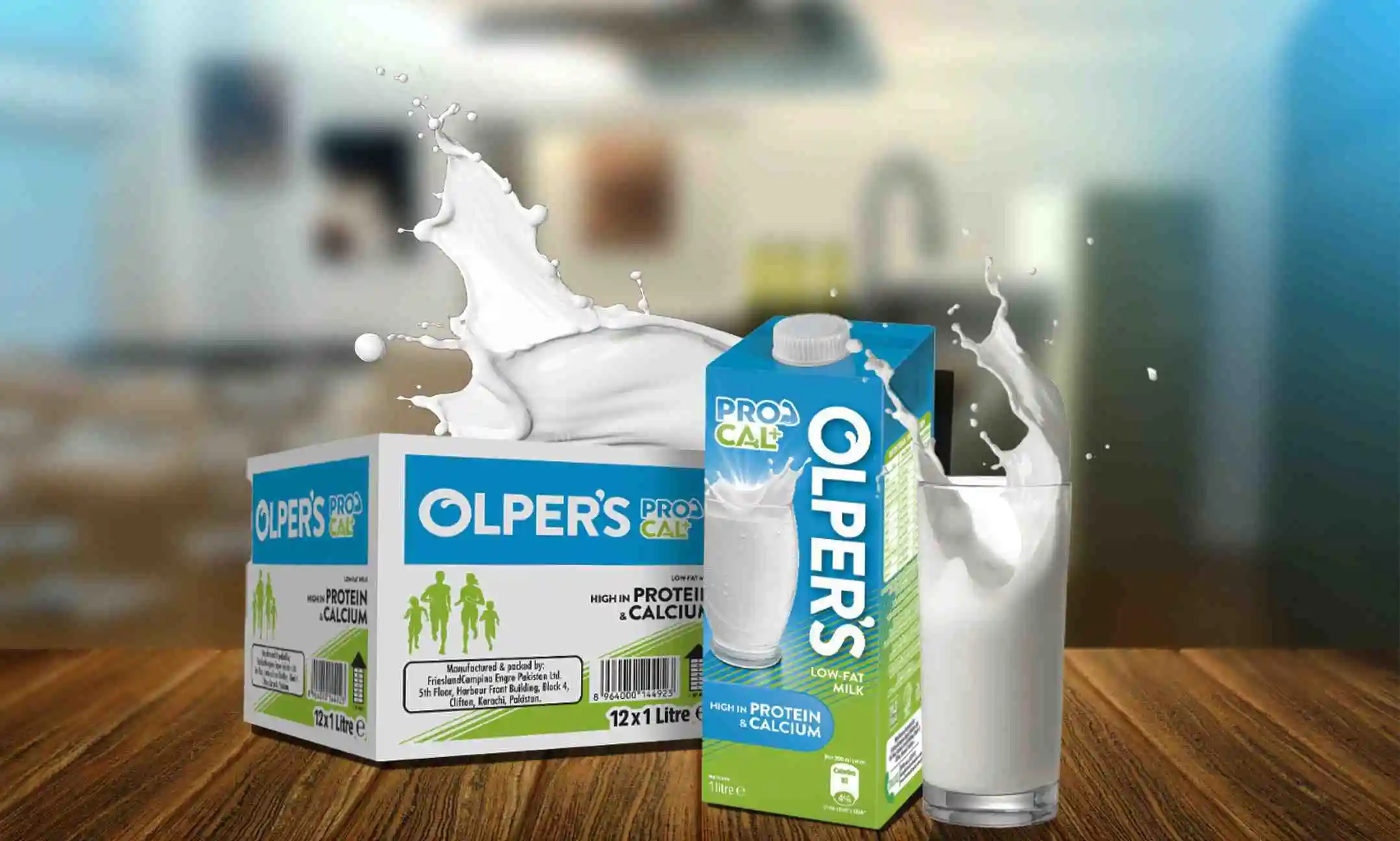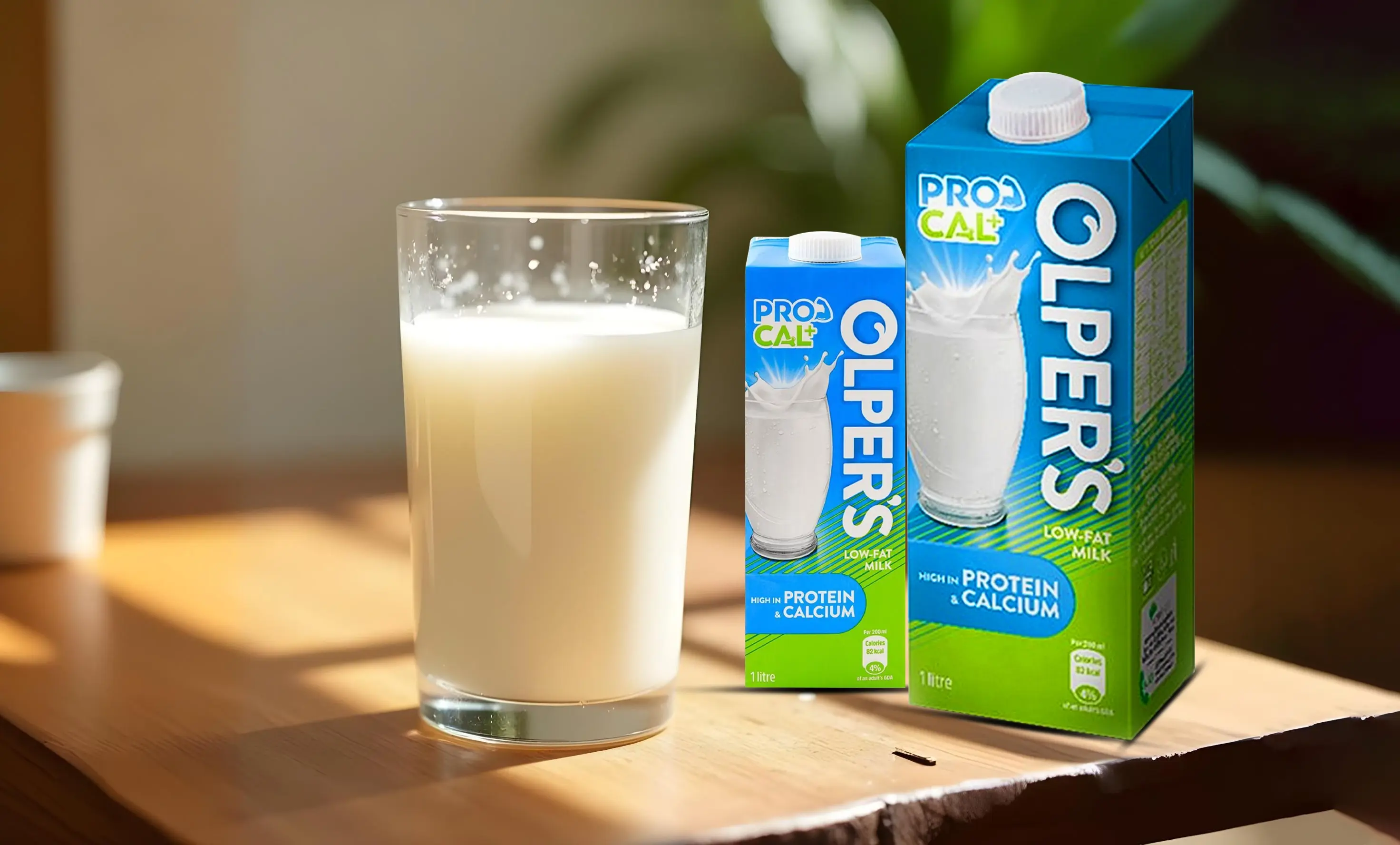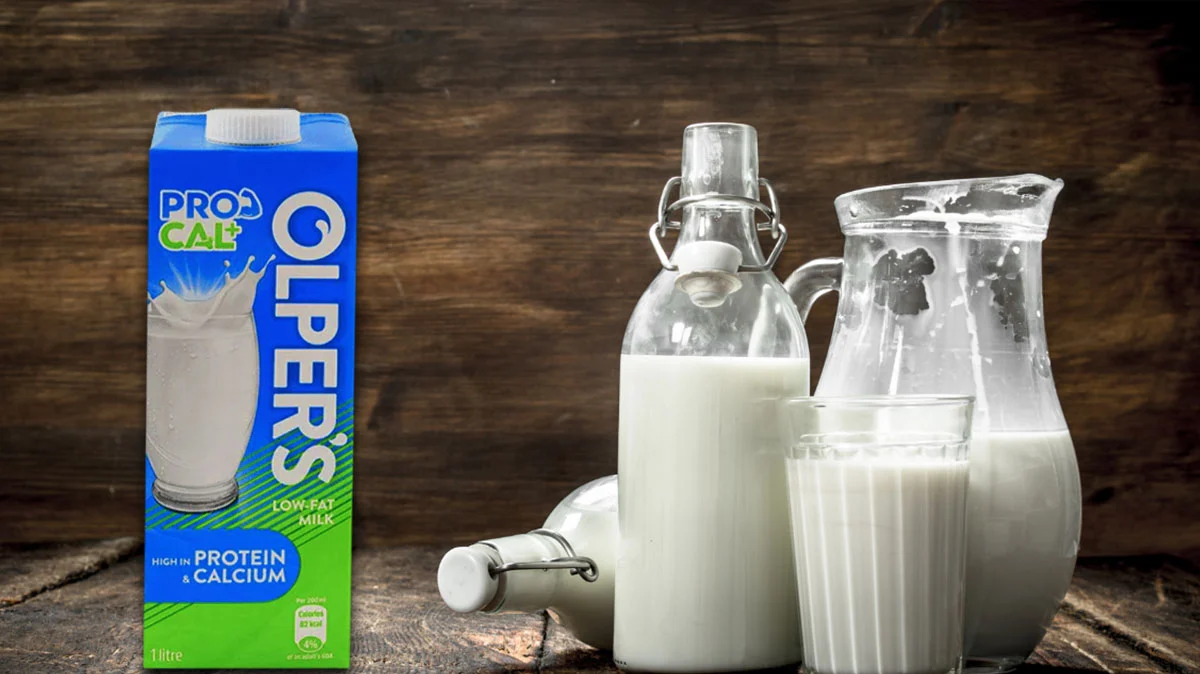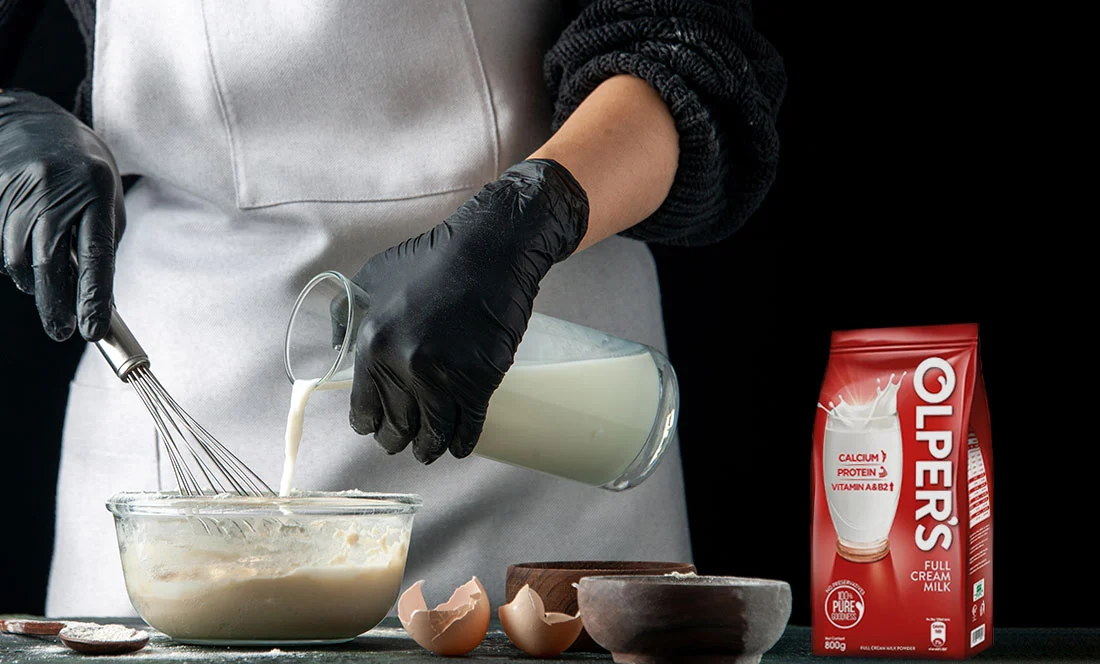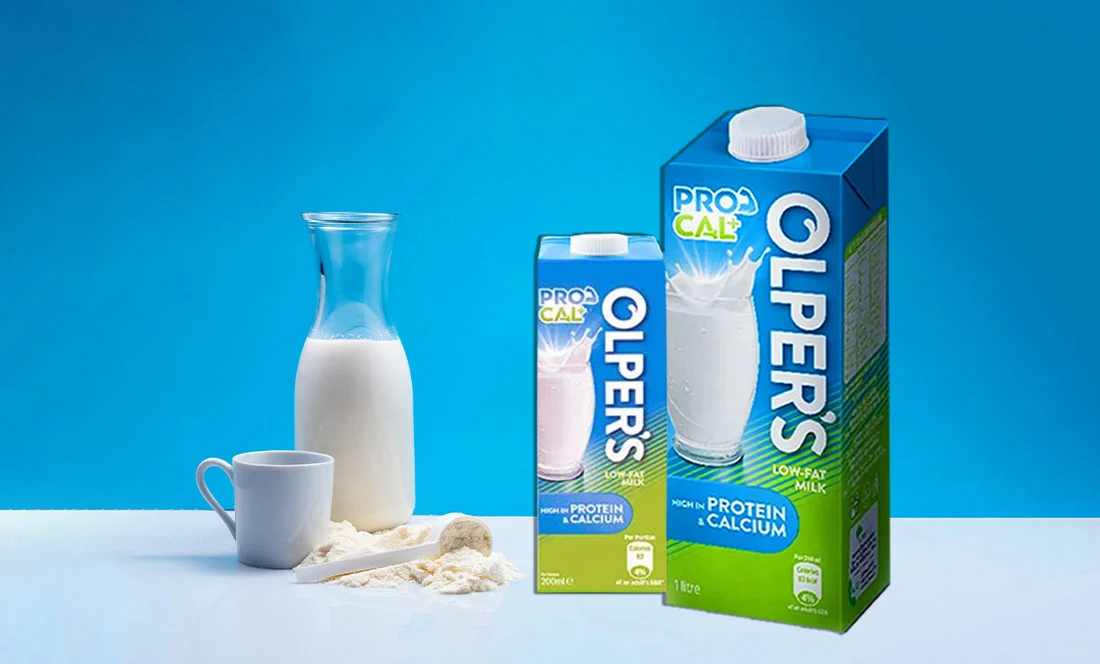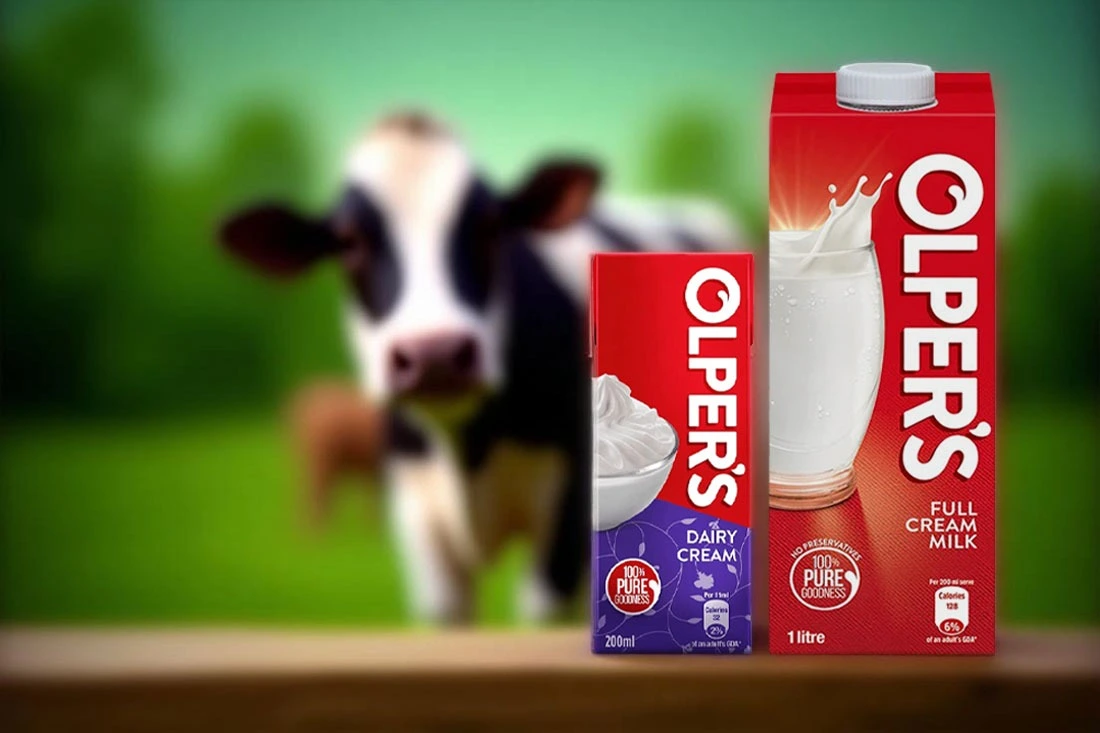HOW MUCH PROTEIN IS IN MILK? DISCOVER THE BENEFITS FOR YOUR DIET
KEY TAKEAWAYS
- The protein in milk is high-quality and complete as it provides all nine essential amino acids needed for muscle development, immune support, and tissue repair.
- Cow's milk contains about 8g of protein per cup, and is one of the best natural sources of protein-rich milk in a balanced diet.
- The protein in cow's milk is significantly more than that found in the protein in many other plant-based milk protein content options like almond milk or oat milk.
- One of the top benefits of protein in milk is satiety—because it helps you feel full longer, it may be an important part of weight management and healthy eating.
- Whether it’s cow’s milk or soy milk, just choose the best milk for protein based on your own dietary needs and check out all of the milk nutrition facts so you can make informed choices!
Protein is a significant nutrient for building muscle, repairing tissues, and maintaining overall health. And of the many protein sources available, milk is one of the most widely accessible and very nutritious. With dairy or plant-based options, knowing the protein in milk is important for making informed dietary choices. In this article, we will discuss the milk protein content in different types of milk, the health benefits of protein in milk, and how to determine the best milk based on your protein needs. From cow's milk to plant-based milk protein contents, learn how milk can support your health and fitness goals.
WHAT IS PROTEIN?
Protein is one of the body's main macronutrients, and it comprises building blocks called amino acids. Protein is important in repairing tissues, developing muscles, producing hormones and enzymes, and for immune function. There are two types of amino acids: essential (which the body cannot produce and must be obtained through food), and non-essential (which the body can synthesize). Milk is considered a complete protein source because it has all nine essential amino acids, making it a great part of a well-balanced, protein-filled diet.
HOW MUCH PROTEIN IS IN MILK?
When discussing protein in milk, the amounts vary by milk-type. Cow's milk is considered protein-dense milk, offering about 8 grams of protein in 1 cup (240ml), so it's likely among the highest in common milk options with protein content. Plant-based milk types usually score lower on protein content.
Soy milk comes closest to dairy with about 7 - 9 grams of protein; Oat milk provides 2 - 4 grams; and almond milk with only 1 gram of protein per cup.
The milk nutrition facts show if you are going for higher amounts of protein in milk, dairy and soy milk are better options. Plant-based options can offer health benefits, but aren't usually the go-to for protein unless fortified. All in all, when we look at how much protein our cow's milk options are versus alternatives, cow's milk and soy milk are clearly the go-to for someone who is looking to achieve a daily protein amount.
TYPES OF MILK AND THEIR PROTEIN CONTENT
To benefit from the protein in milk, you need to appreciate how different types of milk compare. As it turns out, whole milk, low-fat milk, and skim milk all provide virtually equal amounts of milk protein, with roughly 8 grams of milk protein per cup (240 mL). The differences are primarily in the elevated fat and calorie contents and not protein. So have confidence, if you choose whole milk or skim milk, you will be getting the same benefits of protein contained in the milk.
Among dairy variances, all could be considered milk rich in protein, and are therefore some of the best milk protein sources. All of these options can be invaluable if you need the nutritional facts around milk, and are curious about how much protein is in cow’s milk. On the other hand, the milk protein content in plant-based milk choices varies significantly, and as a general rule will require label checks to verify that protein intake is sufficient.
THE BENEFITS OF PROTEIN IN YOUR DIET
Protein is essential for multiple roles. When it comes to exercise, protein is critical for muscle repair and growth, allowing to rebuild and repair muscle tissue. If you are trying to manage your weight, protein allows you to feel full for longer. And if you are fuller for longer, then you are less likely to unnecessarily snack. Protein also plays a role in immune function by replacing and repairing tissue and producing enzymes and antibodies. Protein also supports bone health, supporting bone density in adults and playing a role in children while developing. Simple and convenient, using protein rich milk regularly as part of your diet is a straightforward way to meet these health priorities.
MILK AS A SOURCE OF HIGH-QUALITY PROTEIN
Milk is a "complete" protein because it has all nine essential amino acids that the body cannot produce itself, making it great for building and repairing tissue! Milk protein can also be consumed easily, digested and efficiently utilized by the body.
Milk has two main protein types: casein and whey. Casein digests slowly, while whey digests very quickly, making it a great protein choice for post-exercise recovery! Casein and whey together make milk nutritionally balanced, protein-rich food options.
HOW MUCH PROTEIN DO YOU NEED DAILY?
The general protein guidelines for adults are 46 grams per day for women and 56 grams per day for men. These numbers vary depending on age, activity level, and health status. Milk is an easy and effective way to meet their protein needs. Cow's milk has approx. 8 grams of high-quality protein in each cup making it a convenient, nutrient-dense option.
To increase your overall protein utilising milk, add it to your breakfast smoothies, pour it over a bowl of whole-grain cereal or pick it as a post workout drink. These little habits can help you hit your protein targets with ease.
CAN YOU GET TOO MUCH PROTEIN FROM MILK?
The general protein guidelines for adults are 46 grams per day for women and 56 grams per day for men. These numbers vary depending on age, activity level, and health status. Milk is an easy and effective way to meet their protein needs. Cow's milk has approx. 8 grams of high-quality protein in each cup making it a convenient, nutrient-dense option.
To increase your overall protein utilising milk, add it to your breakfast smoothies, pour it over a bowl of whole-grain cereal or pick it as a post workout drink. These little habits can help you hit your protein targets with ease.
OTHER NUTRIENTS IN MILK
In addition to providing protein, an ordinary beverage like milk contains a wealth of nutrients. Calcium, for example, is a major player in the world's populations' bone health keeping bones strong, preventing osteoporosis (especially in combination with protein in milk) and an endless list of other functionalities.
Milk has multiple vitamins, including vitamin D which assists calcium absorption and vitamin B12 for nerve function and production of red blood cells which are vital for keeping healthy.
Milk also provides healthy fats as a good source of energy and oil soluble vitamins - the fat serves as an addition to the protein content of milk and another reason why milk is a well-balanced and nutrient packed food.
CONCLUSION
Milk is an exceptional source of protein and a nutrient-dense beverage that supports muscle recovery, bone health, immune health, and overall wellness. Whether you are enjoying cow's milk or a plant-based option, knowing the protein in milk can help appropriately choose what you put into your body. Milk provides a complete food source, including essential amino acids, vitamins, and calcium. In terms of protein quality, it is evident that dairy compared to other food proteins is the altered food source that you can conveniently include in your day with high-quality milk protein quickly and easily.
Trying to find the milk that is the best bet for protein? Get Olper's milk pure, nutritious and trusted. Buy it now at Olpers Mart.
Related Blogs
| Image | Product | Price | Quantity | Subtotal |
|---|





